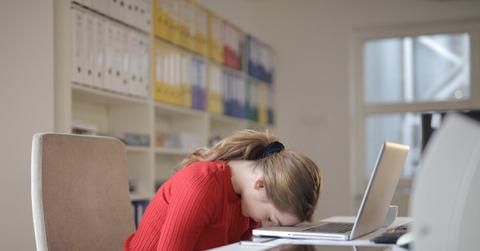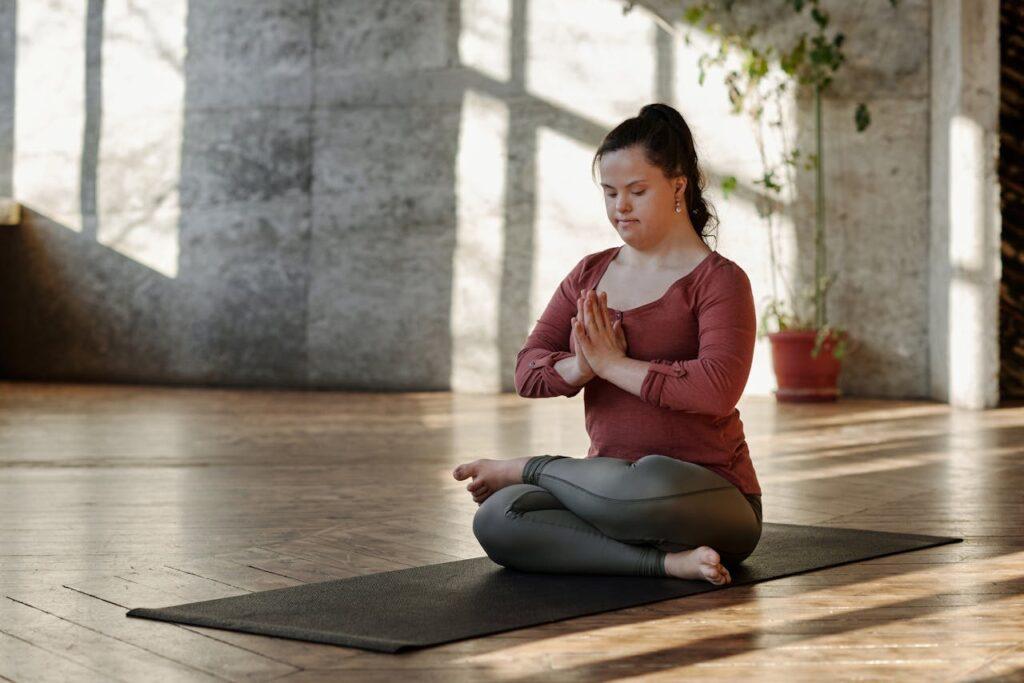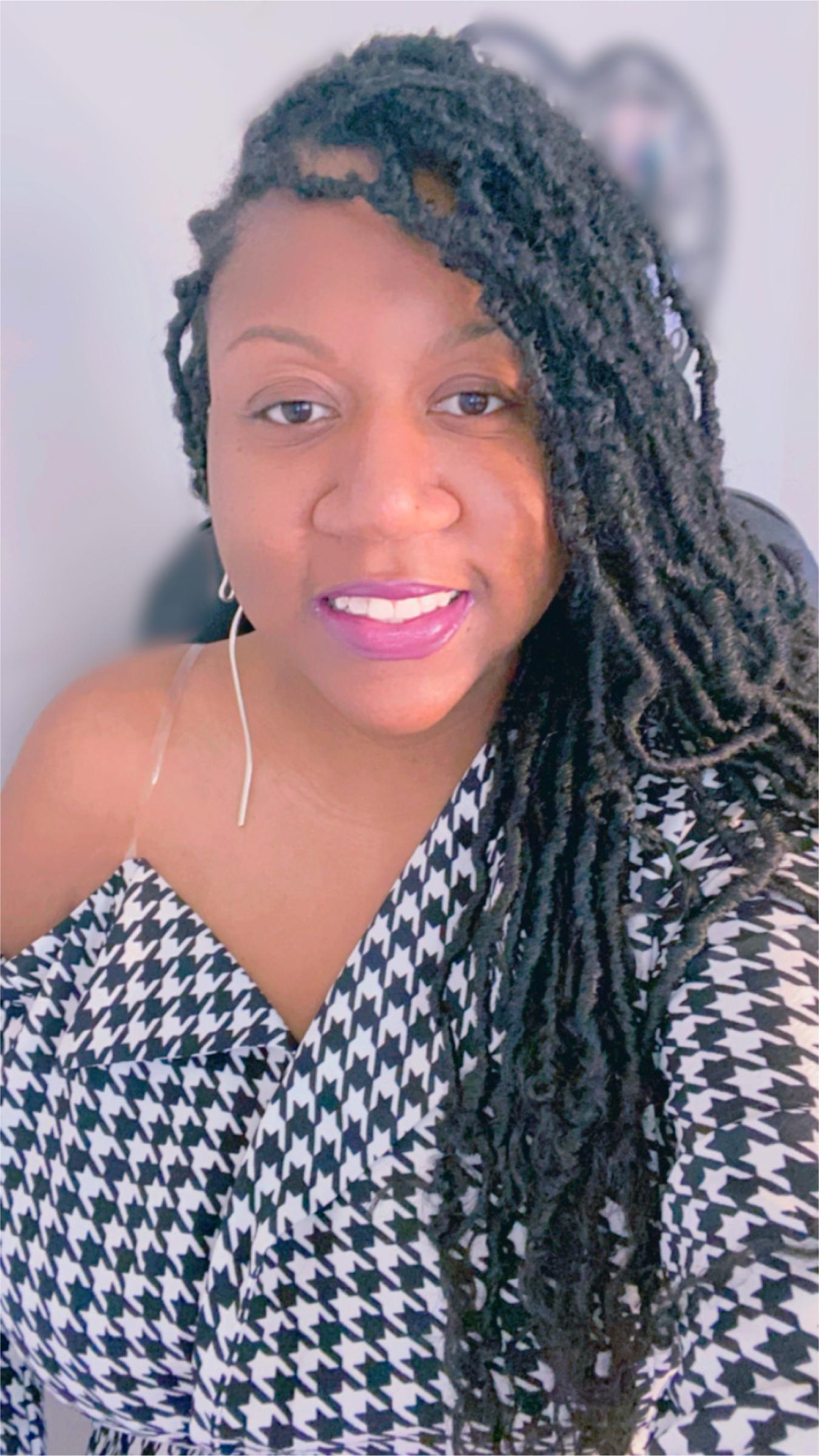Sleep Health Strategies For When Nights Feel Too Short

If you’re continuously on the go, sleep can feel unattainable. Nights turn into morning quickly and the pattern repeats itself quicker than you can keep up with. Millennials have been pegged as The Tired Generation due to financial challenges, cell phones, and poor diet and exercise.
Not getting the proper amount of rest can be dangerous to your health. Your body is reliant on the down-time and reset that sleep provides. This article will help if you’re an in-demand businesswoman looking for sleep strategies that actually work.
Set The Temperature That Best Acclimates Your Body
“Your room should be a sanctuary, cold, dark, and quiet; this is essential for optimizing sleep quality,” said Ignacia Segovia, psychologist and hypnosis expert. “Some of my peers recommend maintaining a temperature range of 60 to 67°F (15 to 19°C). However, individual preferences may vary, so I encourage my clients to discover their most comfortable sleeping temperature, which, in my experience, is around 69°F.”
By setting the room temperature to your desired comfort, your body will naturally relax and calm so that you can decompress from the day. Knowing your preference is key when it pertains to the sound, smell, feel, and comfort of the room.

Let The Aroma Calm Your Nervous System
Many people fall asleep during massages because of the aroma of the room and the level of comfortability. Make your room a safe space of comfort and receive the same results.
“Aromatherapy to the rescue,” said Dr. Raleigh Duncan, Founder, and CEO of Clearlight Wellness. “Lavender, ylang ylang, chamomile, bergamot, rose, frankincense and sandalwood either separately or in combination have been shown to support sleep. A little in a diffuser or sachet under your pillow can be a great sleep aid.”
Get A Doctor’s Review For Sleep Apnea
“If you constantly feel like you are not having a restful or enough sleep, even after a full night’s rest, it is important to consider whether or not sleep apnea may be playing a role,” said Dr. Sandip Sachar, NYC Dentist who treats obstructive sleep apnea. “Many women are undiagnosed with sleep apnea because they do not present the classic signs like loud snoring. Instead, they may report symptoms like chronic fatigue, morning headaches, mood changes, and waking up unrefreshed.”
Waking up tired can be draining and unsettling. Consult with a doctor if you’re always feeling tired, sleep deprived, and never energized. Sleep apnea could be a factor, or your doctor could offer other options to consider.

Physical Activity And Meditation Are Great Sleep Aids
Exercise is a great way to stay in shape, work out frustrations/stress, and release endorphins. It is also a great way to tire your body out. Contrarily meditation can center you and make your thoughts connect. Combining the two can settle your mind for rest, and allow your body to get the proper rest it needs to function at full capacity.
According to Raleigh, exercise during the day always seems to bring a faster and deeper sleep. Additionally, incorporating meditation to your day, just about fifteen minutes of measured breathing with eyes closed, can reduce overall stress while supporting deeper restful sleep.






